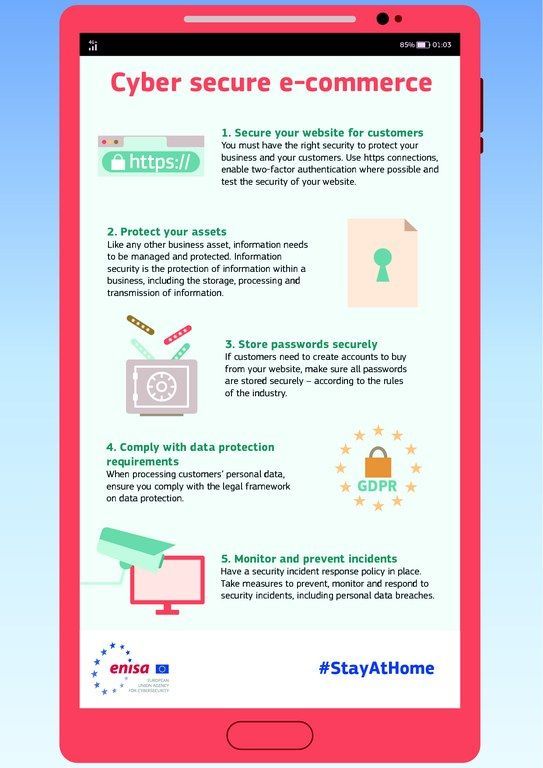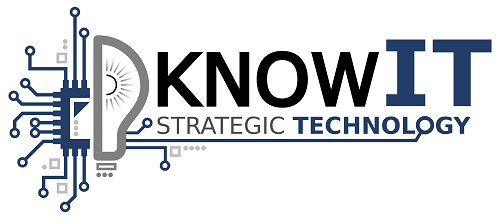
We have the top 5 steps recommended to secure your e-commerce site! Stop us if any sound familiar, we don’t want to become a broken record and you might notice some of these themes have been covered by our team in previous blogs. That’s how you know they are important!
Secure Your Website For Customers
- SSL Certificate
- Enable multi-factor authentication wherever possible
- Test the security of your website – rely on trusted IT consultants to help!
Protect Your Assets
If your information and systems are vulnerable to those looking to crack into your business’ records, then infiltrating your website will only be a hop, skip, and a jump for hackers once they have gained access to your sensitive data.
Store Passwords Securely
We are huge champions of LastPass as a password management vendor for personal and business use. Promote similar services and ensure that your website is requiring any accounts use complex passwords and multi-factor authentication – that’s for you AND them! Find out more in our previous post on password security.
Comply with Data Protection Requirements
If you aren’t familiar with GDPR and you’re selling online, it’s time to learn more! This is the legal framework that drives how personal data needs to be protected when processed by businesses, so make sure you know what applies to how you’re handling your customer information
.
Monitor and Prevent Incidents
Don’t worry if you don’t already have a security incident response policy in place – KnowIT has you covered! Check out our recent feature on Incident Response Planning and ask us about crafting a policy for your small business today.
If you are considering selling a product on your website or opening a new online business, reach out to KnowIT! We can help with managed web-hosting, business-grade email services, white-glove hardware and software purchases, and everything you need to know to get your company started from an IT perspective, keeping security and your specific needs at front of mind.
Inspired by this helpful infographic from ENISA, the European Union Agency for Cybersecurity, recently shared on Twitter:

